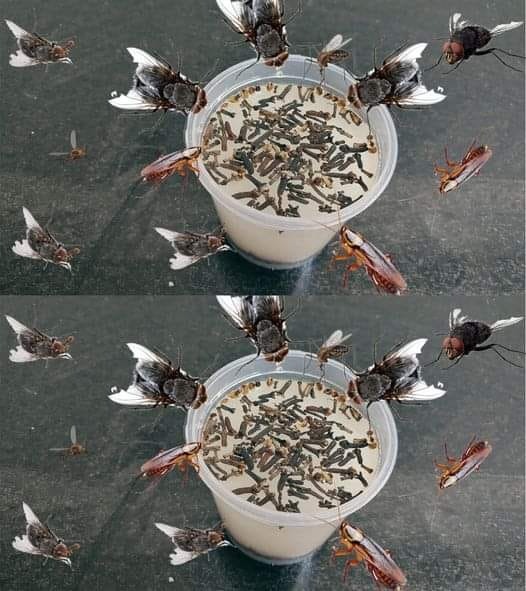Why You Shouldn't Let Dishes Pile Up
Regardless of the underlying cause, leaving dirty dishes to accumulate can have several negative effects on both physical and mental health. Here are some reasons to avoid this habit:
Preventing Bacteria and Unpleasant Odors
Leftover food on dishes is a prime breeding ground for bacteria and can attract pests like flies and cockroaches. Additionally, the unpleasant smell of rotting food can spread throughout the kitchen and into other parts of the home.
Reducing Mental and Visual Stress
A cluttered environment can lead to feelings of chaos and anxiety. The sight of dirty dishes can create mental stress, making you feel overwhelmed and guilty, which can also affect your mood and productivity.
Fostering Discipline and Self-Care
Washing dishes immediately after eating may seem like a simple task, but it helps promote discipline and self-care. Keeping the kitchen clean encourages responsible habits and supports a sense of personal well-being.
Improving Coexistence with Others
In shared living spaces, a pile of dirty dishes can lead to conflict between roommates or family members. By maintaining a tidy kitchen, you foster better communication and a more harmonious living environment.
Conclusion
Washing dishes is more than just a household chore—it reflects our personal discipline, mental state, and everyday habits. While occasionally leaving dirty dishes is not a major issue, allowing them to pile up can negatively impact both health and emotional well-being, as well as the harmony in your home.
Making a conscious effort to keep your kitchen clean can have a positive impact on your mood, your sense of control over daily tasks, and the overall atmosphere of your living space. How do you manage this task in your daily life?






